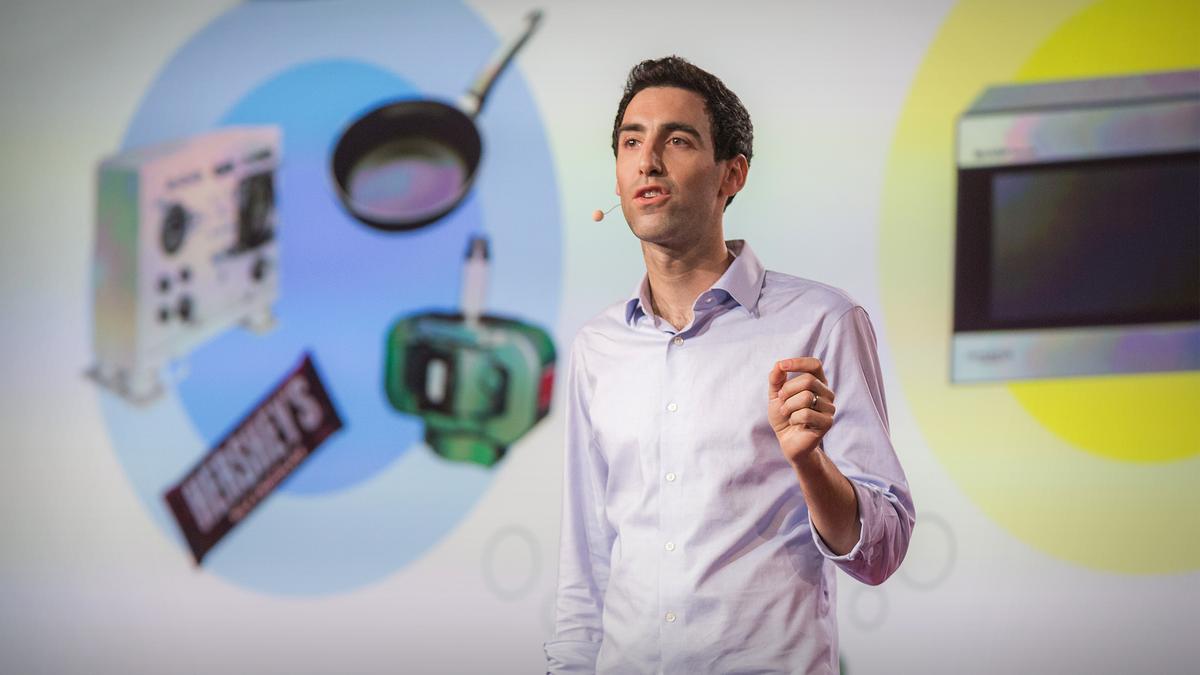Machine learning isn't just for simple tasks like assessing credit risk and sorting mail anymore -- today, it's capable of far more complex applications, like grading essays and diagnosing diseases. With these advances comes an uneasy question: Will a robot do your job in the future?
Anthony Goldbloom: Machine learning expert
Anthony Goldbloom is the co-founder and CEO of Kaggle. Kaggle hosts machine learning competitions, where data scientists download data and upload solutions to difficult problems. Kaggle has a community of over 600,000 data scientists and has worked with companies ranging Facebook to GE on problems ranging from predicting friendships to flight arrival times.
Before Kaggle, Anthony worked as an econometrician at the Reserve Bank of Australia, and before that the Australian Treasury. In 2011 and 2012, Forbes named Anthony one of the 30 under 30 in technology; in 2013 the MIT Tech Review named him one of top 35 innovators under the age of 35, and the University of Melbourne awarded him an Alumni of Distinction Award. He holds a first call honors degree in Econometrics from the University of Melbourne.
2013 Oxford hizo un estudio, 1 de cada 2 trabajos tienes altos riesgos de ser automatizados por maquinas.
Machine learning empezó en los 90 con la evaluación de riesgos de crédito en solicitudes de préstamo, o clasificación de correos entendiendo la letra escrita a mano.
Ahora puede Diagnosticar enfermedades, evaluar ensayos. Los humanos podremos leer 10,000 ensayos durante 40 anos o evaluar 50,000 ojos para diagnosticar enfermedades. Una máquina puede hacer millones. Nos vencen en tareas frecuentes y de gran volumen.
Las maquinas no pueden manejar cosas que no han visto muchas cosas antes. Necesitan aprender con grandes cantidades de data histórica.
Los humanos podemos conectar nuevos problemas con cosas que ya sabemos para soluciones creativas.
Nuevas situaciones será liderada por humanos, las repetitivas por las maquinas.

Comentarios
Publicar un comentario